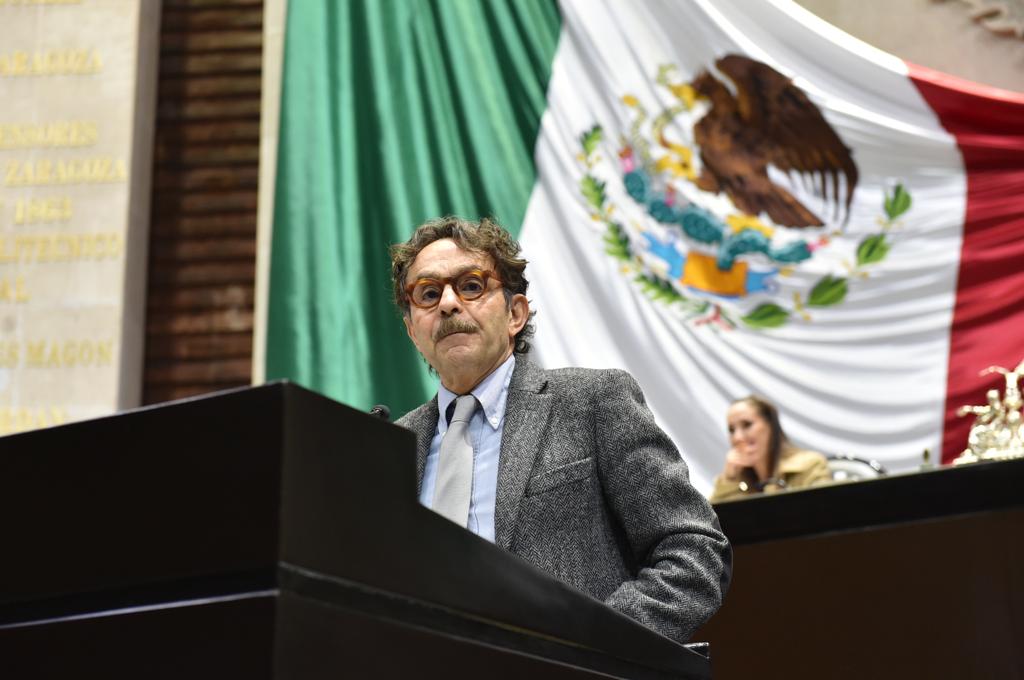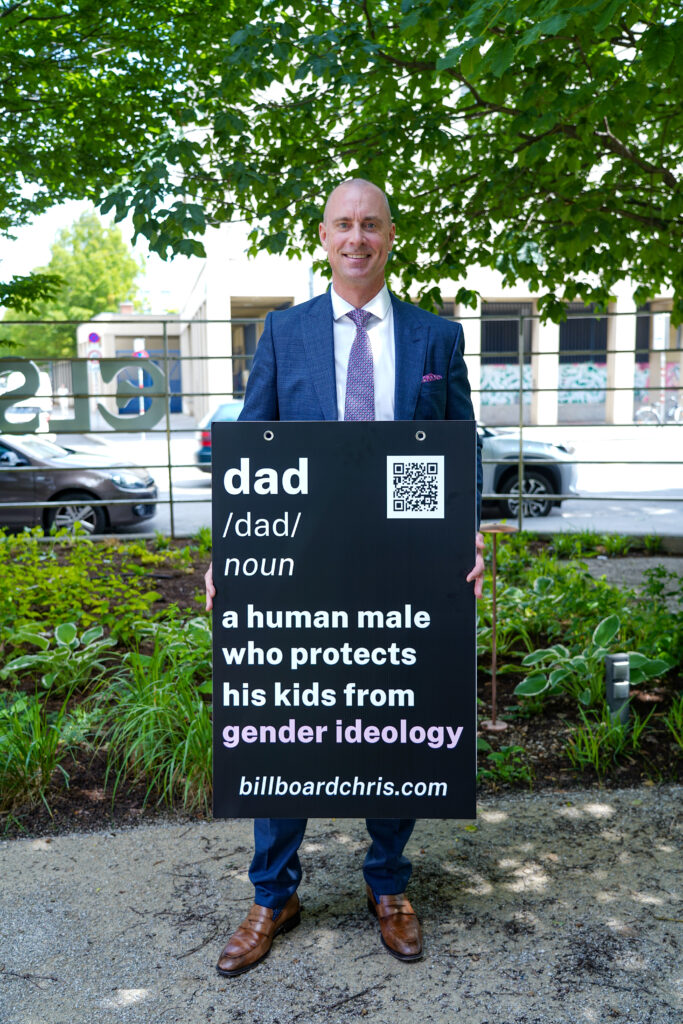This story originally appeared in The Federalist on 8 August 2024

Legal Communications Director
The world has been shocked to see riots erupt throughout the United Kingdom following an appalling stabbing in Southport, England, last week, where three children died.
But we should be alert to how the response of Britain’s new Labour government to the disorder is creeping beyond a crackdown on violence. Home Secretary Yvette Cooper said on Monday that social media companies should address “misinformation,” which suggests this crisis could be exploited to censor peaceful speech online.
The fear is that the unrest in the UK will be used as an excuse to further infringe on free speech online in the country. In fact, there are many parts of the world where a perfectly peaceful tweet could land you criminal charges or even a prison sentence.
For example, take note of what happened in 2022 to congressman Gabriel Quadri in Mexico. Quadri was prosecuted for his Twitter posts on the dangers of transgender ideology, including comments about keeping female sports safe and fair.
As millions opine freely on the myriad controversies at the Olympics, this should give us pause. Both Quadri and civil society leader Rodrigo Iván Cortés were convicted for “gender based political violence,” including “digital violence,” and punished in an absurd and demeaning manner for peacefully expressing the truth about biological reality online.
A testament to the pound of flesh the state demands from those who dare to speak against its orthodoxies, Quadri and Cortés were ordered to publish a court-written apology on X every day at set times and placed on an offender’s registrar. Having exhausted all avenues for justice in Mexico, ADF International is appealing their cases to the Inter-American Commission on Human Rights.
Prosecution in Finland
Look too to what has transpired over the last five years in Finland, a country with deep roots in the rule of law. Longstanding parliamentarian and grandmother Päivi Räsänen is being criminally prosecuted for a Bible verse she tweeted in 2019.
Quoting from the book of Romans, Räsänen objected to her church’s decision to sponsor a pride parade. For this, she endured hours of police interrogation, three criminal charges, and two onerous trials. Despite being unanimously acquitted at both, she soon will be tried again at the Supreme Court of Finland, where ADF International is backing her legal defense.
Räsänen’s case, in a supposedly free country, demonstrates that the censorial vigor of the state knows no bounds when it comes to silencing expressions of truth that expose the ideological falsehoods of the day.
Räsänen stoked no violence and evinced no hate, and yet she is being prosecuted for “hate speech” under the “war crimes and crimes against humanity” section of Finland’s criminal code, which carries a potential prison sentence of two years. You better believe that if a much loved, and oft re-elected, civil servant of more than 20 years can be tried for a tweet, then the citizens of Finland are going to think twice before they hit post.
Cases in the EU, Australia, Ireland, Scotland, Brazil
In Australia, street advocate Billboard Chris was censored for tweeting the truth that trans-activist Teddy Cook should not serve on a World Health Organization panel for children’s transgender policy given Cook’s aberrant sexual practices.
Chris posted a Daily Mail article on X entitled, “Kinky secrets of UN trans expert REVEALED: Australian activist plugs bondage, bestiality, nudism, drugs, and tax-funded sex-change ops – so why is he writing health advice for the world body?” Australia’s “E-Safety Commission” tried to force X to take the post down.
When X refused, they forced the platform to geo-block it, and now, Chris, supported by ADF International, and alongside X, is suing in defense of his right to speak freely.
The Irish parliament is currently debating a “hate speech” law, which, if adopted, could criminalize the possession of “hateful” material with up to five years in prison. And in April, Scotland passed a law criminalizing “stirring up hatred” against protected categories, including transgender identity, with a possible seven-year prison sentence.
As is always the case where these laws take root, “hate” is undefined. Consequently, it’s open season for a “hate crime” when such a transgression could be literally anything under the sun perceived as hateful by an offended party.
Brazil is undergoing a crisis of extreme censorship, positioning the country as among the worst for restrictions on speech in the Americas. Earlier this spring, a Supreme Court judge threatened to wield his authority to shut down X in the country.
Journalists, including American author Michael Shellenberger, are being criminally investigated for exposing the state’s censorial crimes. Now X is deploying its legal team to preserve free speech on the platform in Brazil.
At the international level, the European Commission is advancing efforts to make “hate speech” an EU crime, on the same legal level as trafficking and terrorism. Most recently, the European Commission has accused X of violating the EU Digital Services Act, triggering the promise of legal action from Elon Musk, who claims that X resisted an “illegal secret deal” to comply with EU rules to censor “misinformation.”
Raising our Voices in Resistance
Everyone must be free to peacefully debate the issues of our time, online or wherever they may find themselves, without fear of government punishment. But across the world state-driven censorship is proving to be one of the most insidious problems of our age. And it is not by accident that the brunt force of the state is often leveraged to silence expressions of basic truth, in particular in the digital space.
Next time you reflexively exercise your free speech rights by firing off a tweet, remember those who have incurred the wrath of the state simply for doing the same. We must vigilantly resist the rising tide of censorship, and also the urge to self-censor, instead raising our voices to advocate for those silenced and sanctioned for nothing more than a tweet.











